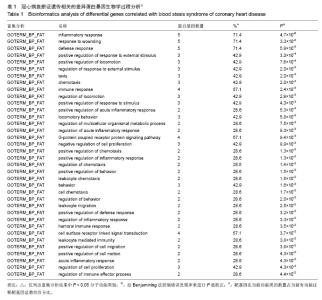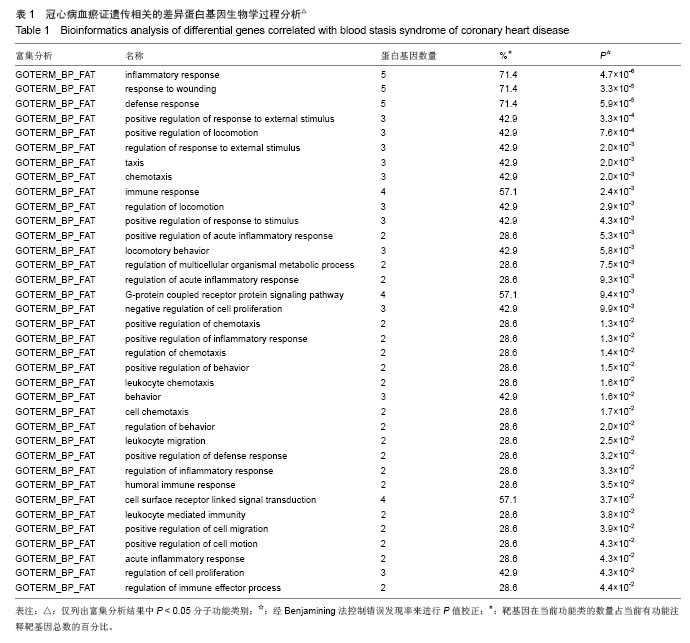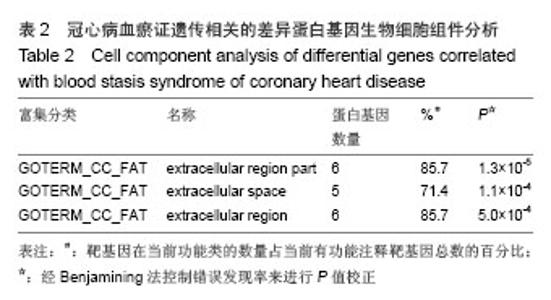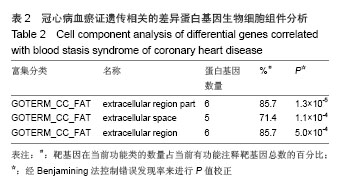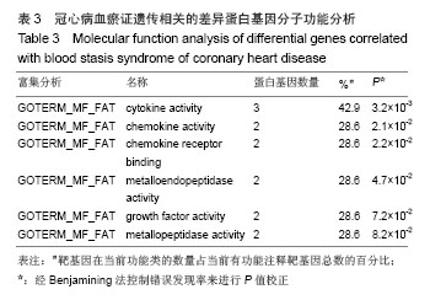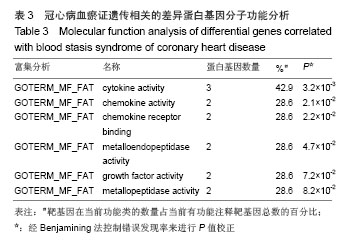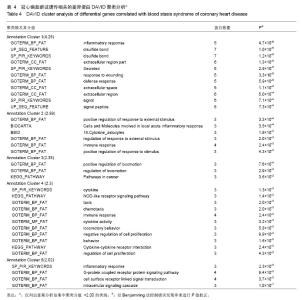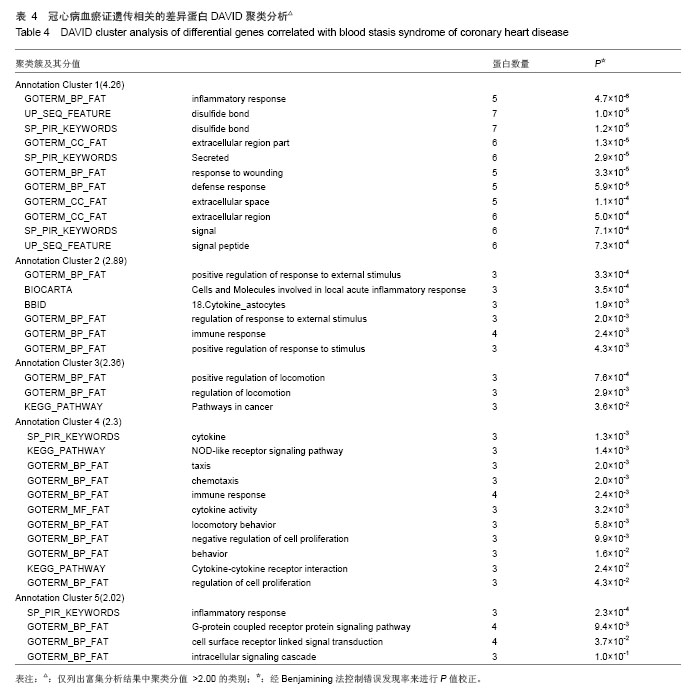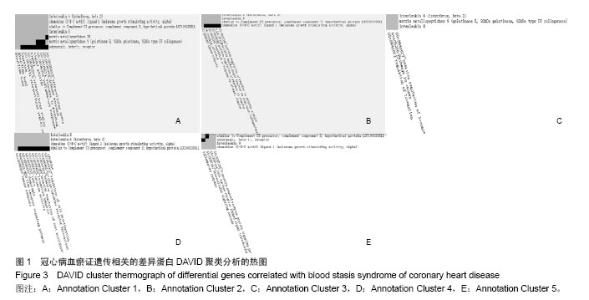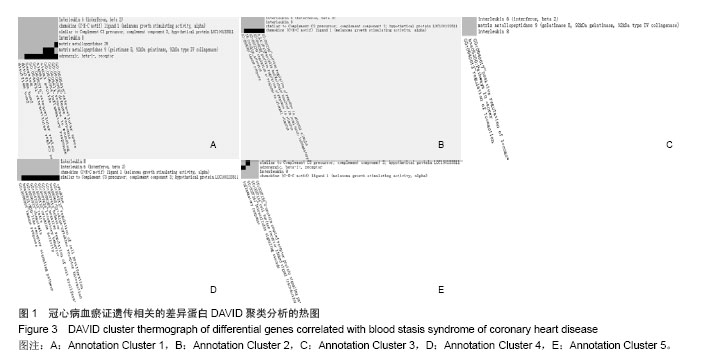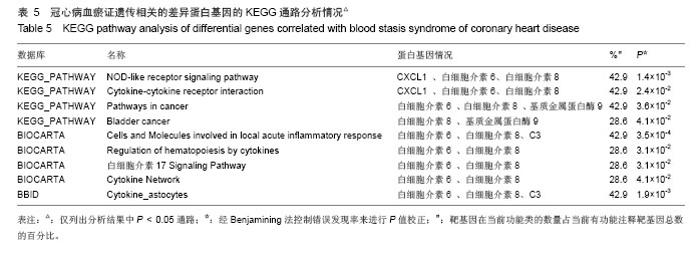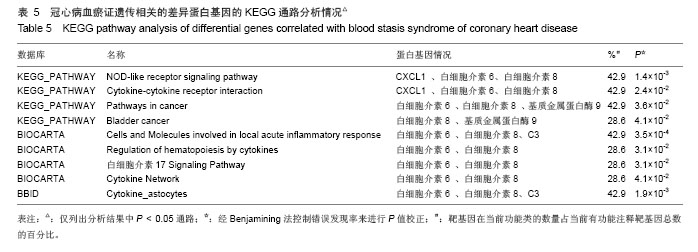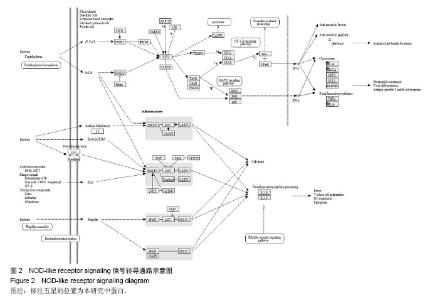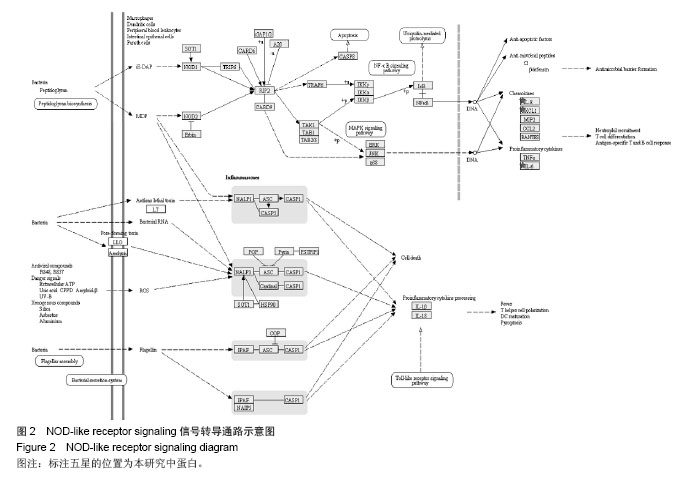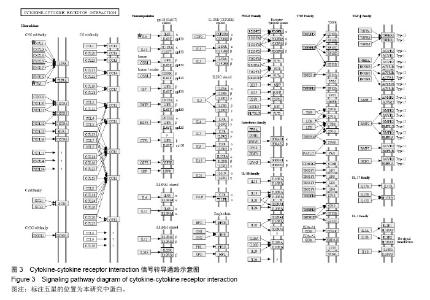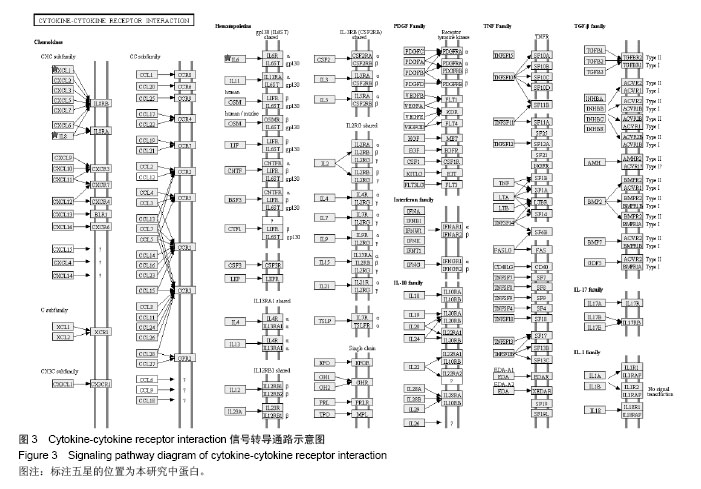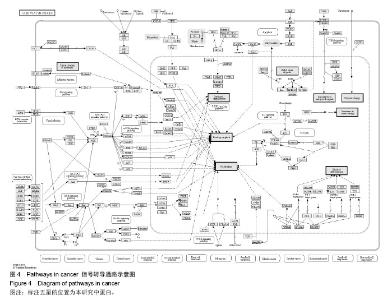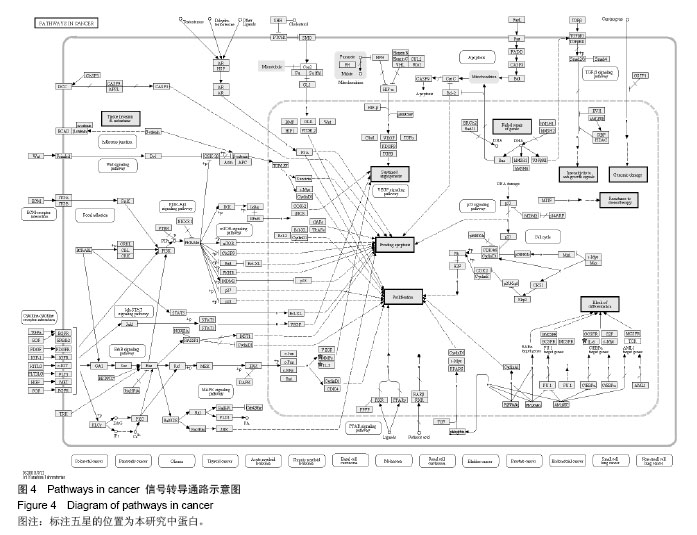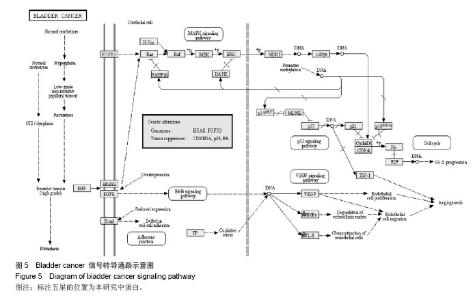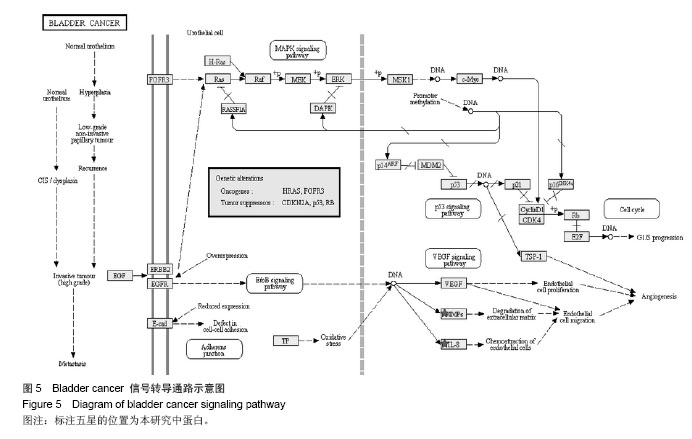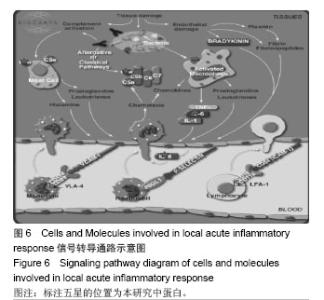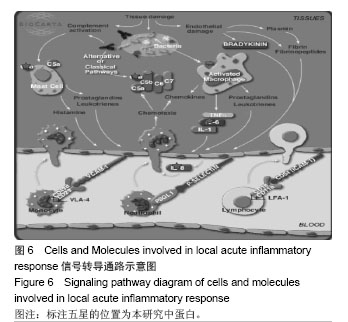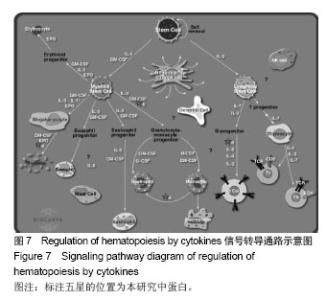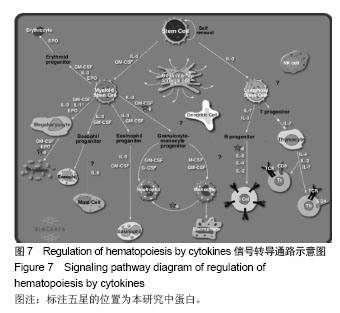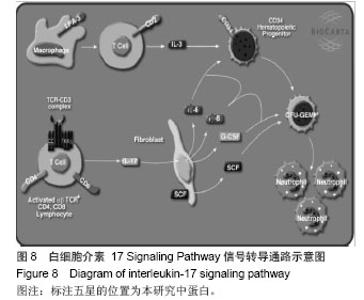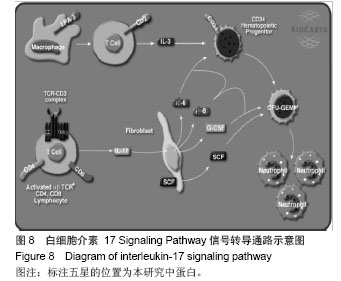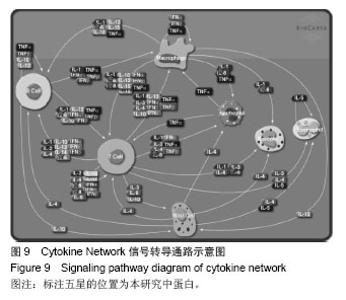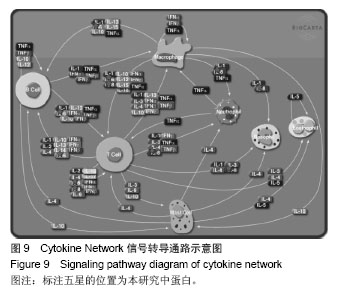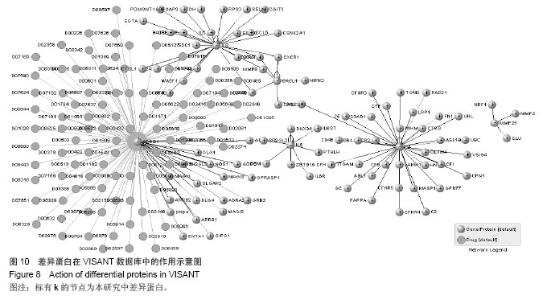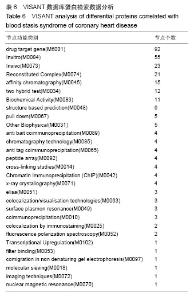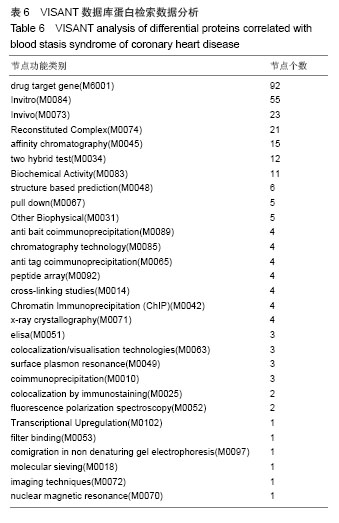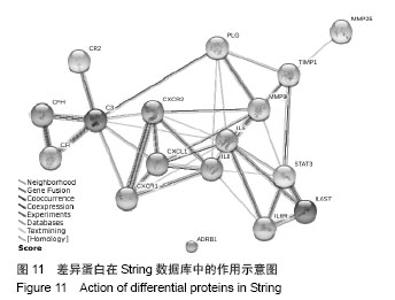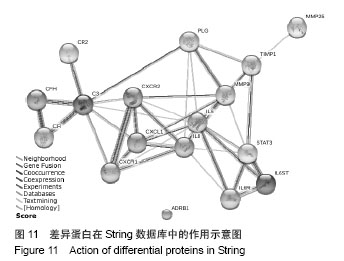| [1] |
Wei Gang, Gao Shangyuan, Zhang Ying, Huang Weiyi.
Immunostimulation combined with liquid nitrogen freezing to construct a rat model of atherosclerotic vulnerable plaque
[J]. Chinese Journal of Tissue Engineering Research, 2020, 24(35): 5656-5661.
|
| [2] |
Zhang Wenjiang1, 2, Yi Jian3, Jia Ping1, Chen Bowei1, Wang Yong2, Liu Baiyan1.
Genotype identification and model application of apolipoprotein E knockout mice
[J]. Chinese Journal of Tissue Engineering Research, 2019, 23(7): 1103-1108.
|
| [3] |
Cao Jingli1, 2, Marina S. Ferguson3, Sun Jie3, Zhang Dong1, Liu Li1, Li Zirui1, Wang Yajie1, Sui Binbin1, Shen Mi1, Gao Peiyi1, 4, Thomas S. Hatsukami3, Zhao Xihai5, Yuan Chun1, 3, 5.
An en bloc paraffin embedding method for serial sectioning of carotid atherosclerotic plaque
[J]. Chinese Journal of Tissue Engineering Research, 2019, 23(31): 5041-5045.
|
| [4] |
Sun Zhizhong1, Jiang Yanjun1, Ji Shuliang1, Shi Chushuo1, Zhang Tian1, Zhou Xiaoqi1, Yang Zhihua1, Chen Yuexuan1, Luo Chuanjin2.
Role of baicalin in the treatment of mouse models of atherosclerosis and the underlying mechanism
[J]. Chinese Journal of Tissue Engineering Research, 2019, 23(19): 3037-3043.
|
| [5] |
Chen Yili1, Lao Yonghua2, Zhang Shaoqun1, Wu Baofeng3, Li Yikai1 .
Hydrodynamic model of carotid artery atherosclerosis: hemodynamic changes of carotid atherosclerotic plaques under cervical rotatory manipulation
[J]. Chinese Journal of Tissue Engineering Research, 2019, 23(15): 2403-2308.
|
| [6] |
Wang Feng-jiao, Gao Xiang, Yin Hang, Chen Li, Qin Shu-cun, Yang Na-na.
Oxidized low-density lipoprotein can affect the function of endothelial progenitor cells: how to increase cell number and function?
[J]. Chinese Journal of Tissue Engineering Research, 2018, 22(29): 4706-4712.
|
| [7] |
Chen Ting-ting, Cao Yuan-zhi, Xiong Wei, Dong Shao-hong.
Construction of mouse chemerin gene knock-down cell lines mediated by adenovirus vector
[J]. Chinese Journal of Tissue Engineering Research, 2018, 22(24): 3875-3879.
|
| [8] |
Mi Fang, Yu Li-mei, Zhao Chun-hua.
The research and application of cardiovascular path in congenital heart disease
[J]. Chinese Journal of Tissue Engineering Research, 2017, 21(10): 1635-1640.
|
| [9] |
Wang Zheng, Lin Kai.
Biological characteristics and differentiation potential of bone marrow embryonic-like stem cells in rats
[J]. Chinese Journal of Tissue Engineering Research, 2017, 21(1): 43-48.
|
| [10] |
Wang Xue-mei, Wei Qin, Duan Ming-jun, Zhang Chun, Yang Yi-ning.
Effects of recombinant adenovirus-mediated adiponectin on human umbilical vein endothelial cell injury and the underlying mechanism
[J]. Chinese Journal of Tissue Engineering Research, 2017, 21(1): 115-121.
|
| [11] |
Hu Ping, Chen Yi, Sheng Jing.
Vascular ultrastructure in atherosclerosis rats after carotid injury under an electron microscope
[J]. Chinese Journal of Tissue Engineering Research, 2016, 20(49): 7334-7340.
|
| [12] |
Ji Meng, Wang Wei, Hu Wen-li .
Long-term effects of Enterprise self-expanding intracranial stent implantation in the treatment of carotid artery stenosis in patients with ischemic stroke: study protocol for a randomized controlled trial
[J]. Chinese Journal of Tissue Engineering Research, 2016, 20(34): 5070-5075.
|
| [13] |
Ma Zhi-gang, Sun Yu-heng, Peng Xiao-xin, Hu Hong-tao.
Use of the Smart nitinol stent system for the treatment of severe atherosclerotic carotid stenosis: study protocol for a retrospective non-randomized controlled trial
[J]. Chinese Journal of Tissue Engineering Research, 2016, 20(30): 4554-4560.
|
| [14] |
Zhou Yi-hua, Wang Shu, Yuan Ying.
Effect of soluble vascular endothelial growth factor receptor-1 on atherosclerotic plaque
[J]. Chinese Journal of Tissue Engineering Research, 2016, 20(18): 2697-2702.
|
| [15] |
Zhang Hong-zhen, Jiao Rui, Li Li, Zhang Ying, Qian Yan, Guo Chun-lan.
Effects of Qi-Benefiting Blood-Activating Chinese herbs on aorta Rho kinase and related cytokine expression in a rat model of atherosclerosis
[J]. Chinese Journal of Tissue Engineering Research, 2016, 20(18): 2703-2710.
|
